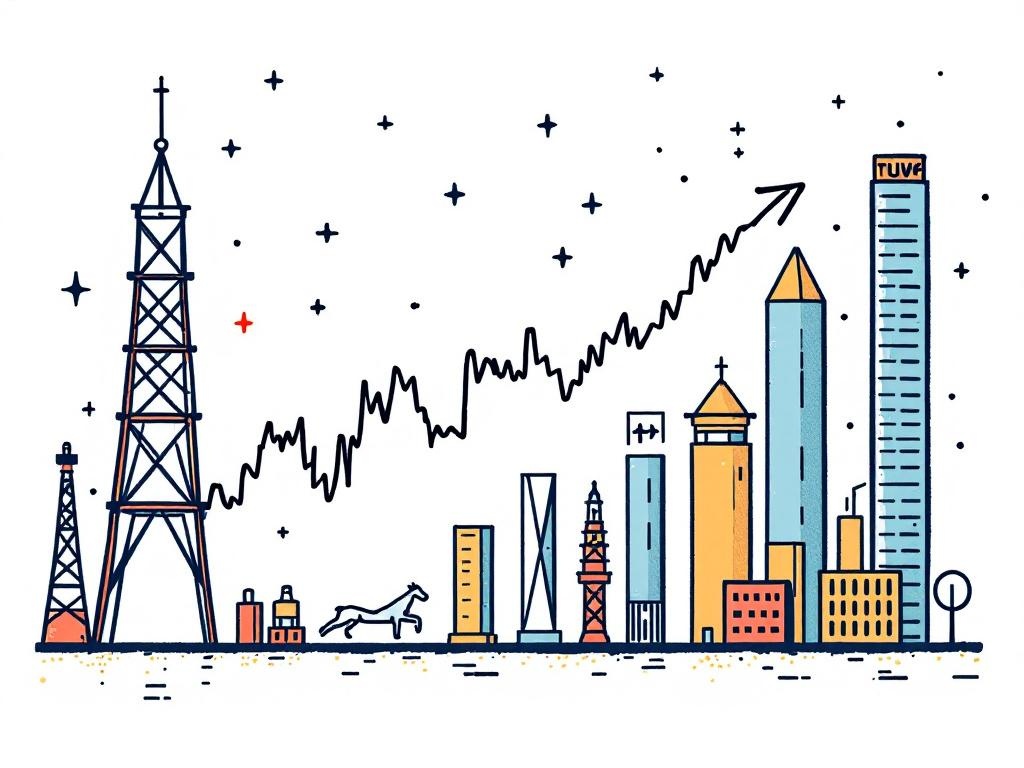OECD Report Reveals Major U.S. Economic Downgrade Due to Trump Tariffs

Paris, Tuesday, 3 June 2025.
The OECD predicts U.S. GDP growth will slow to 1.6% in 2025, highlighting significant economic setbacks linked to Trump’s tariff policies. The nation risks being the primary victim of its trade strategies.
Impacts of Trump’s Tariff Policies on U.S. Economic Growth
The Organisation for Economic Co-operation and Development (OECD) has issued a stark warning about the U.S. economy, which is now projected to expand by only 1.6% in 2025. This represents a significant downgrade from earlier projections of 2.2% growth established in March 2025 [1]. The OECD’s latest report underscores that the U.S. is experiencing severe economic repercussions stemming from the trade policies implemented during former President Donald Trump’s administration [2].
Wider Economic Challenges
Beyond the direct impacts on the U.S., the report emphasizes a broader global slowdown, with growth forecasted to dip to 2.9% in both 2025 and 2026, which is notably lower than previous expectations. Key economies such as Canada, Mexico, and China, which are most exposed to the trade tensions, are anticipated to experience similar slowdowns, compounding global economic challenges [2][3]. The report warns that if the current tariff barriers persist, the repercussions could result in even lower global growth rates due to rising trade costs and persistent policy uncertainties [4].
Domestic Economic Indicators
Within the U.S., key economic indicators reflect the detrimental impacts of these trade policies. The Institute for Supply Management’s (ISM) manufacturing imports index fell to 39.9 in May 2025, marking its lowest level since 2009 and signaling a collapse in demand [1]. This decline, coupled with a record plunge in U.S. net exports during the first quarter of 2025, underscores the profound disruptions within the domestic economy [1][5]. Additionally, there is a growing expectation among U.S. corporate leaders of an impending recession, with 83% of CEOs foreseeing a downturn within the next 12 to 18 months [6].
Policy Reassessment for Future Stability
The OECD stresses the importance for policymakers to reassess current strategies. The report suggests that while tariffs may have boosted certain sectors within U.S. manufacturing, such benefits are outweighed by the broader economic decline impacting consumer purchasing power and corporate investment [2]. Analysts argue for a reversal or reformation of current trade policies to mitigate inflationary pressures and stimulate economic growth. Without such reforms, the U.S. risks prolonged economic stagnation and heightened fiscal pressure as its budget deficit is projected to rise to 8% of GDP by 2026 [3].